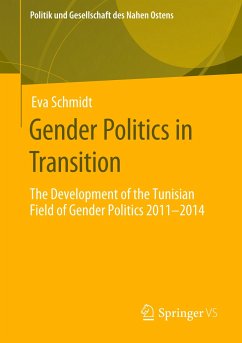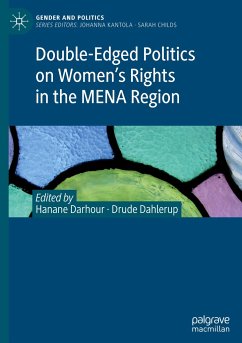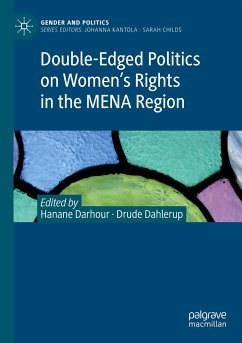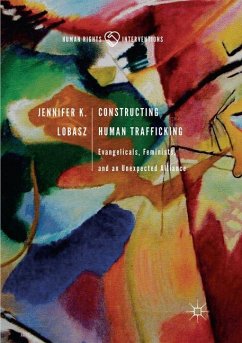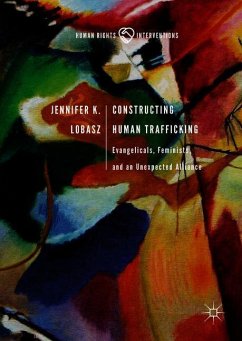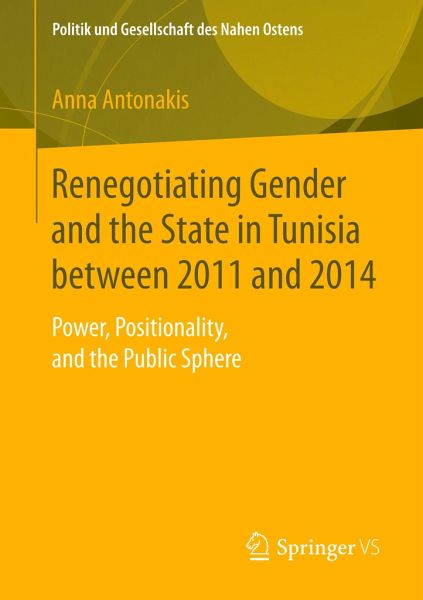
Renegotiating Gender and the State in Tunisia between 2011 and 2014
Power, Positionality, and the Public Sphere

PAYBACK Punkte
31 °P sammeln!
Anna Antonakis' analysis of the Tunisian transformation process (2011-2014) displays how negotiations of gender initiating new political orders do not only happen in legal and political institutions but also in media representations and on a daily basis in the family and public space. While conventionalized as a "model for the region", this book outlines how the Tunisian transformation missed to address social inequalities and local marginalization as much as substantial challenges of a secular but conservative gender order inscribed in a Western hegemonic concept of modernity. She introduces ...
Anna Antonakis' analysis of the Tunisian transformation process (2011-2014) displays how negotiations of gender initiating new political orders do not only happen in legal and political institutions but also in media representations and on a daily basis in the family and public space. While conventionalized as a "model for the region", this book outlines how the Tunisian transformation missed to address social inequalities and local marginalization as much as substantial challenges of a secular but conservative gender order inscribed in a Western hegemonic concept of modernity. She introduces the concept of "dissembled secularism" to explain major conflict lines in the public sphere and the exploitation of gender politics in a context of post-colonial dependencies.





